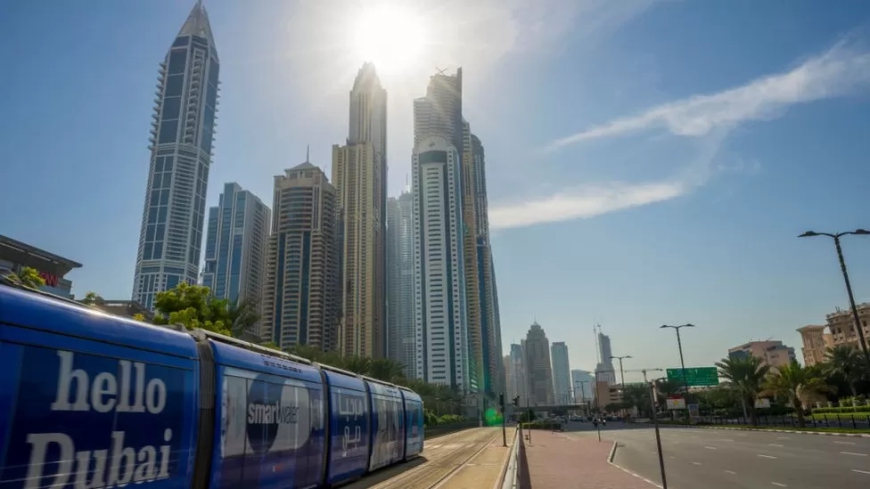Climate Agreement at COP28 in Dubai: What It Means for the World
Explore the outcomes of COP28, a critical UN climate meeting in Dubai, where leaders discussed fossil fuel transitions, emissions reduction, and the global quest to limit climate change. Uncover the impact, controversies, and future implications of this pivotal agreement.

World leaders gathered at the 28th annual United Nations (UN) climate meeting, known as COP28 in Dubai, to navigate the challenges posed by climate change and set a course for a sustainable future.
Understanding COP28: Goals and Location
COP28 convened in Dubai, United Arab Emirates, aiming to strategize and address pressing climate concerns. The summit, scheduled from 30th November to 12th December 2023, extended by a day, brought nations together to deliberate on crucial strategies for limiting and adapting to climate change impacts.
Controversies and Key Figures
The choice of Dubai as the summit location stirred controversy due to the UAE's significant role as one of the world's top oil-producing nations. The appointment of Sultan al-Jaber, the chief executive of a state-owned oil company, as COP28 president, triggered debates regarding conflicts of interest and future oil expansion plans.
The Fossil Fuel Dilemma and Key Agreements
An unprecedented agreement emerged from COP28, emphasizing the imperative need to "transition away from fossil fuels in energy systems" in an equitable manner. Despite its significance, the deal lacks enforceable directives or specific timelines. It highlights the necessity for wealthier nations to accelerate their departure from coal, oil, and gas while driving renewable energy capacity and energy efficiency enhancements by 2030.
Significance and Future Implications
COP28 assumed critical importance in aligning efforts to limit global temperature rise to 1.5C, as mandated by the landmark Paris Agreement. While acknowledging the urgency of action, warnings persist that current trajectories forecast a concerning 2.7C warming by 2100, urging a more rapid response to meet the 1.5C target.
Looking Ahead: The Legacy of COP28
Despite criticism and skepticism, COP28 remains a pivotal platform for global cooperation on climate challenges. Its outcomes, though not binding, contribute to shaping global climate policies and steering nations towards more sustainable practices. The true test lies in the implementation and efficacy of the agreements forged at this watershed event.







